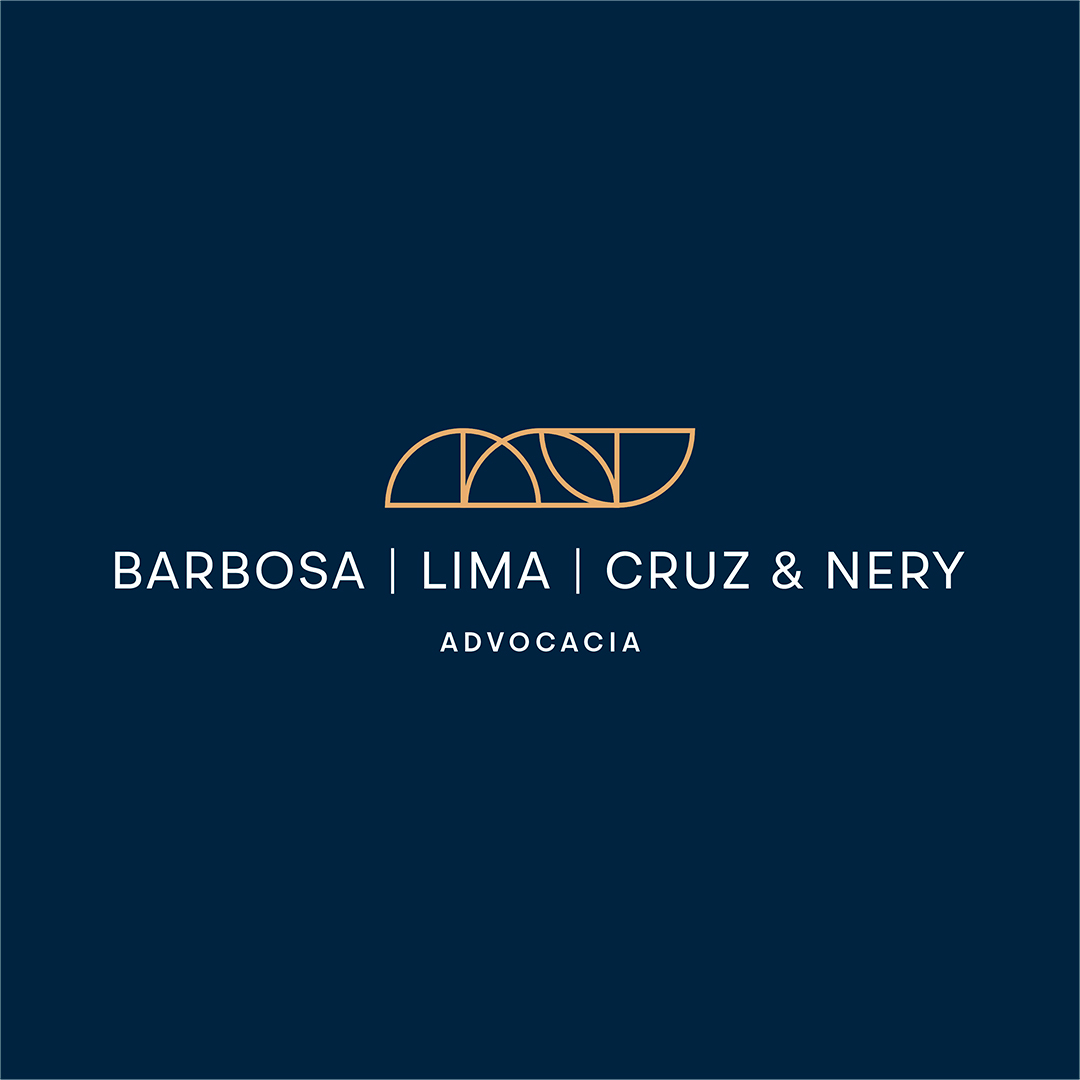The lack of oversight in the public sector has created a parallel market for companies selling sureties for public bids. Many of these companies use the term “bank” in their names but are not authorized by the Central Bank (BC) or the Superintendence of Private Insurance (Susep) to operate, violating legislation. Public documents reveal inconsistencies in these companies, which claim to have million-dollar capital.
Over three months, Estadão identified eight companies using the term “bank,” and while they have negotiated sureties for government contracts, they are not recognized by the BC. The emergence of the parallel surety market was uncovered during the Parliamentary Inquiry Commission (CPI) into the purchase of the Covaxin vaccine, mediated by Precisa Medicamentos.
Senators discovered that in March, the Ministry of Health accepted a guarantee of R$ 80.7 million from FIB Bank, which, despite its name, is not a bank and is not recognized by the BC or Susep. The company’s partners include a commercial representative and a man who is deceased.
The companies analyzed by the report presented financial guarantees valid until 2024 for public contracts, with sureties reaching R$ 10 million. These documents ensure reimbursement to public coffers if a company fails to meet its obligations.
Documents filed with the São Paulo Board of Trade (Jucesp) show inconsistencies in these “banks.” Aside from FIB, which became the target of the CPI, the list includes Maxximus Bank, Garantia Bank, BMB Bank, Capital Merchant Bank, Analysisbank, Alpha Bank, Profit Bank, and Infinite Bank.
In March, Maxximus, for instance, provided surety for a contract with the municipality of Piúma (ES) for Pré-Sal Petróleo, a company linked to the Ministry of Mines and Energy. According to documents, a guarantee of R$ 131,000 is valid until January 28, 2024. Since September 2019, Maxximus has been controlled by Ari de Oliveira Viana, who reported a capital of R$ 716 million to Jucesp. Viana claimed that around 90% of this value is backed by bonds issued in 1936, when Brazil used the réis as currency.
Inconsistent Patrimony and Fictitious Assets
The use of outdated bonds to justify capital was also employed by Garantia Bank, which now goes by Garantia Afiançadora. The company claimed to have R$ 46 million in bonds from Eletrobras and Vale do Rio Doce issued in the 1960s.
Another “bank” that attempted to provide guarantees for public contracts was Capital Merchant. Founded in 1984, the company initially reported a capital of R$ 110,000, but by 2010, it claimed to have increased its capital to R$ 45.6 million. However, a property owner whose contract was guaranteed by Capital Merchant later found no assets in the company’s name when trying to collect the guarantee.
Legal and Fraud Risks
Attorney Mateus da Cruz, partner at Dias Lima e Cruz Advogados, pointed out that the public bidding law allows for guarantees such as cash, public treasury bonds, insurance, or a surety from a bank. “Not just any company can provide this type of guarantee. If an unworthy company is issuing guarantees for public contracts, that’s a fraud.”
After the publication of the report, FIB Bank issued a statement clarifying that it is not a bank but a company providing surety letters for commercial transactions, both private and with the public sector. However, its activities are not governed by the regulations of the BC or Susep.
The Federal Comptroller General (CGU) and the Federal Police have opened Operation Imprecisão, investigating possible crimes related to the Covaxin purchase. CGU reports indicate that issuing these unauthorized guarantees could lead to over R$ 500 million in losses for public bodies and companies that accepted such documents.
The parallel surety market continues to thrive by offering lower fees than established banks and working with companies that have restrictions, such as pending lawsuits.
Published on Estadão.


